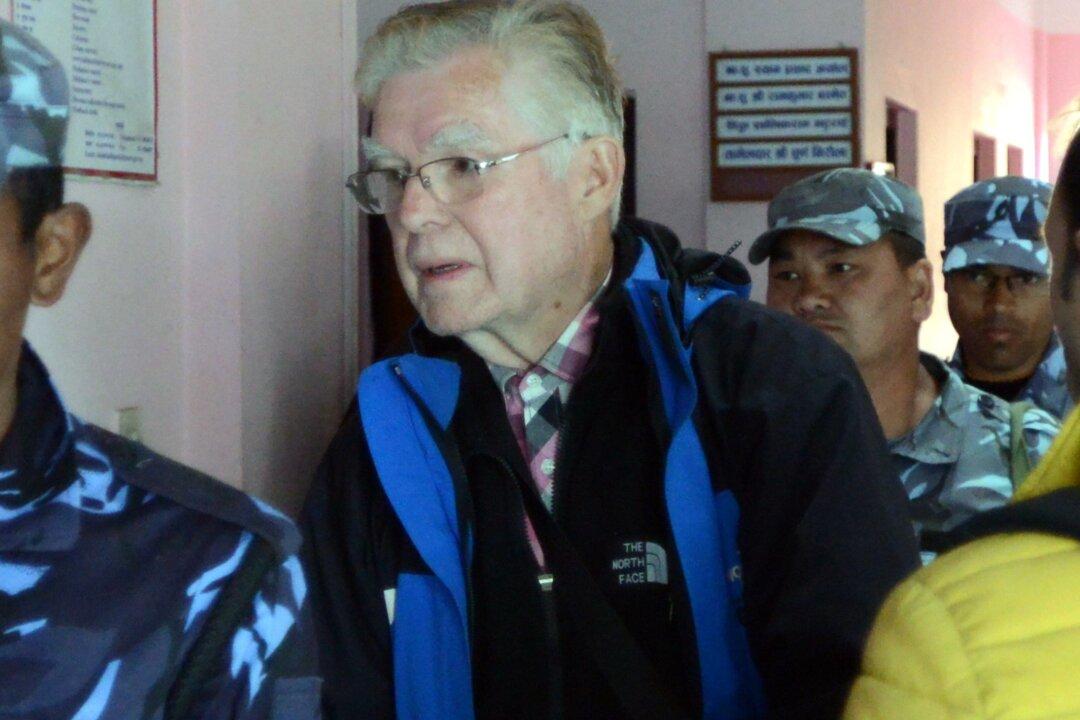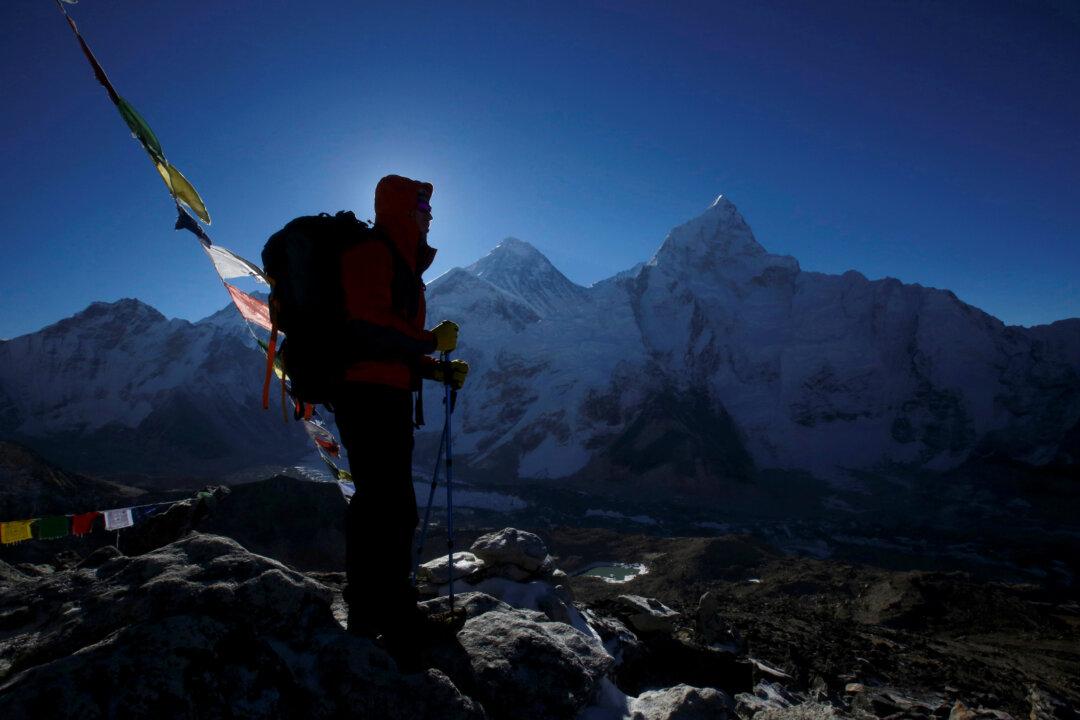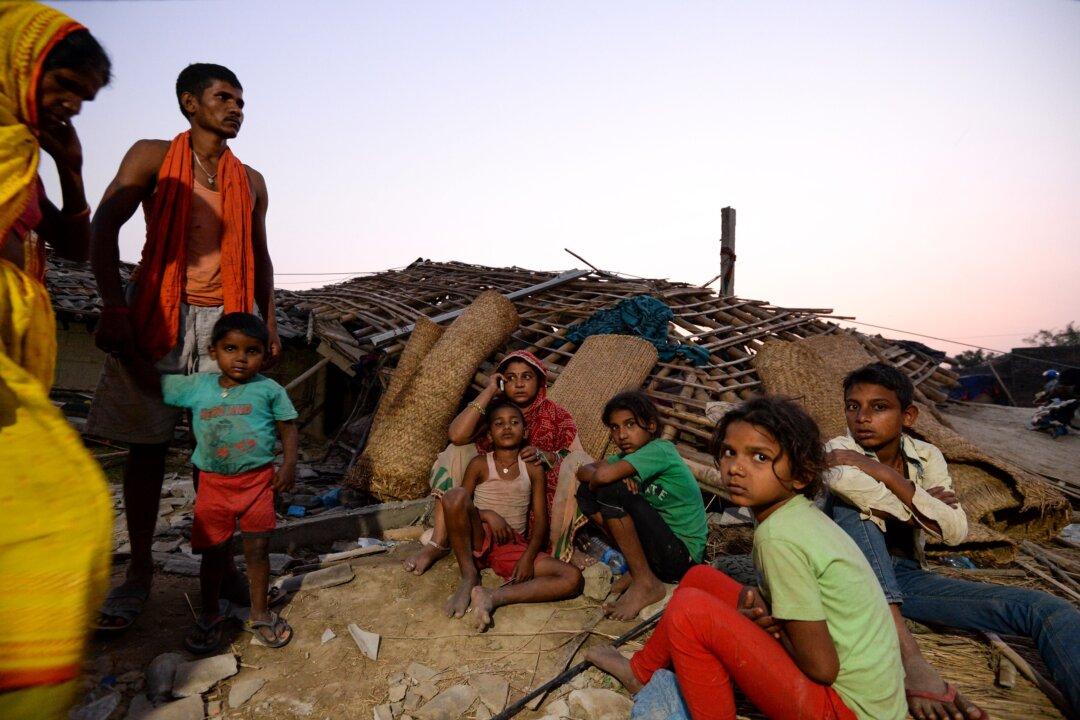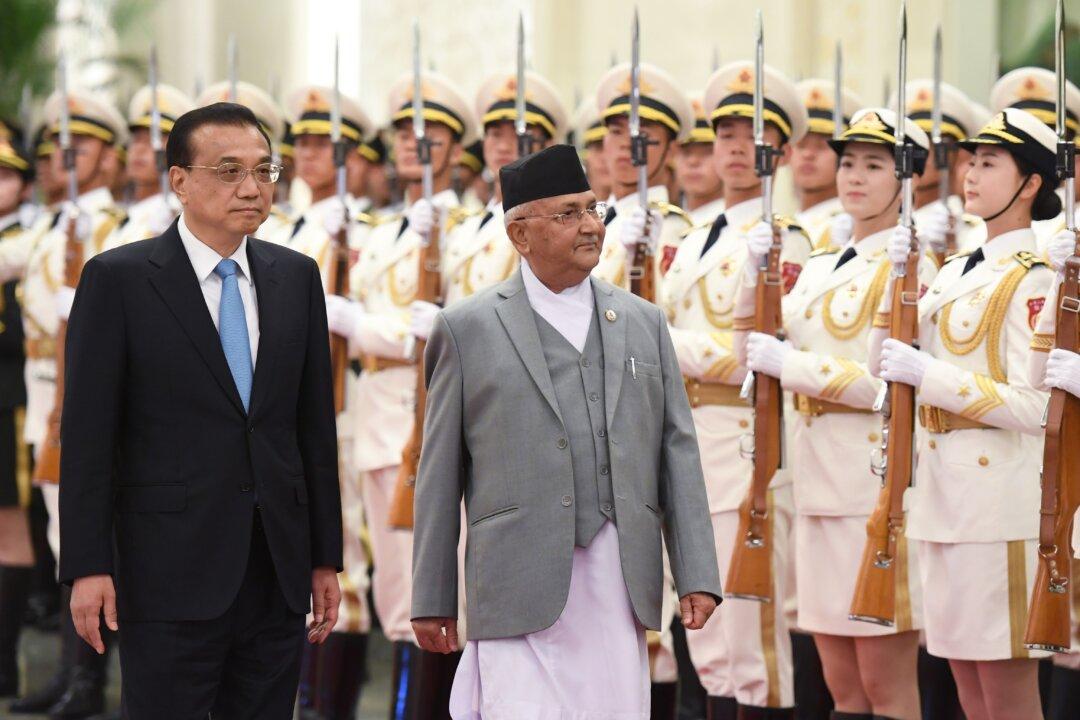KATHMANDU, Nepal—While the conviction of a former U.N. worker for child abuse in Nepal was hailed as a landmark verdict, child rights activists say it also shows that a growing number of foreign pedophiles are attracted to the country because of its poverty, weak laws, and lack of supervision.
In one of the most high-profile cases of child abuse in Nepal, a court sentenced Canadian Peter Dalglish to nine years in jail and imposed a fine of 1 million rupees ($9,000) earlier this month.




